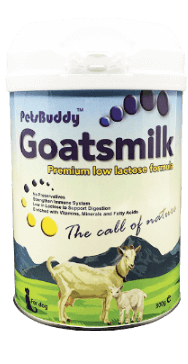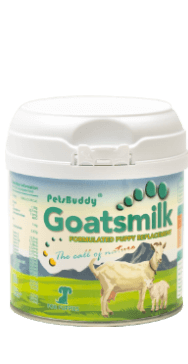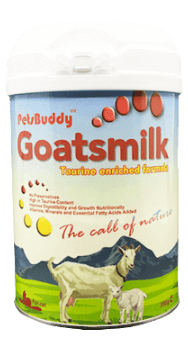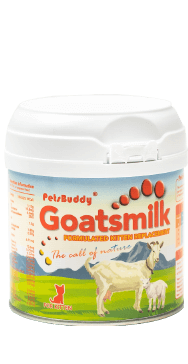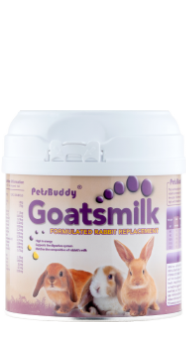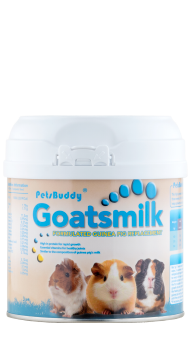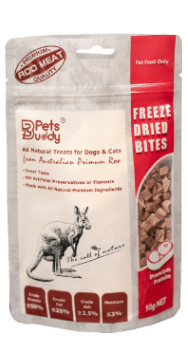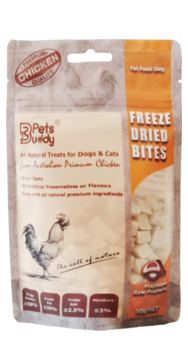1. Hypoallergenic diets for identifying pet gut problems
Hypoallergenic diets become particularly beneficial when used as elimination diets for pets with gut health problems.
When to consider a hypoallergenic pet food:
- when a pet appears to be allergic to multiple ingredients
- when an otherwise complicated dietary history makes it difficult to identify a novel protein
- when a patient has severe IBD
2. Fiber types in digestive health pet foods
Soluble fibers may help reduce symptoms of some gastrointestinal diseases. In general, the use of soluble, or fermentable, fiber in preference to insoluble, non-fermentable fiber.
3. Beta-glucans in dog food ingredients
Beta-glucans are water-soluble plant fibers made up of chains of up to 2,000 units of the simple sugar glucose.
Among pet food ingredients, corn, rice, barley, wheat and oat contain beta-glucans, as does baker's yeast. Purified bet-glucans from yeast or oyster mushrooms enhanced immune responses in dogs in experiments.
4. Fat and vitamin considerations in pet gut health
Too much fat in the diet can delay gastric emptying in dogs. High-fat dog foods may contribute to diarrhea. Pet food formulators need to pay close attention to vitamin levels in gut health diets. Gastrointestinal diseases can cause the loss of water-soluble vitamins in diarrhea. Similarly, fat-soluble vitamins can be lost in overly fatty feces, a condition known as steatorrhea.
5. Probiotics for pet food from marine algae
Probiotics may help dogs and cats with inflammatory bowel disease and should be studied further, according to Meallet.
